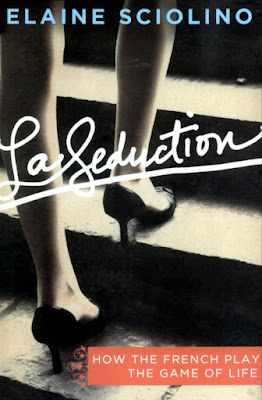Blue Nights*

On a recent Saturday, I attended the funeral of a sixteen year old girl. In the space of a single week, she had been diagnosed with a malignant brain tumor, had surgery, and died. One week to go from being full of life to ashes. As I sat in the cold church watching the service, I realized that her parents had been transposed into an entirely different reality, one that most people could not access, and one that haunts every parent every day: the death of a child. Parents should never have to bury their children. It was a coincidence that at the time of this funeral, I was reading Joan Didion’s Blue Nights (Knopf, 2011) , a book that takes as its theme the death of a child, although Didion’s daughter, Quintana, was not a child when she died. For Didion, her death launched an inquisition of self, a clear-eyed, unsparing review of life and parenting, and of course, loss. The book follows Didion’s The Year of Magical Thinking (Knopf, 2005), a meditation on the death of her husband, Joh...









